Our digital age has transformed the way we communicate, learn, and interact. While technology and apps have made our lives more convenient, they can also pose significant risks to our mental health. Let’s explore some popular apps that doctors warn can damage your mental health.
The Dark Side of Social Media: Facebook
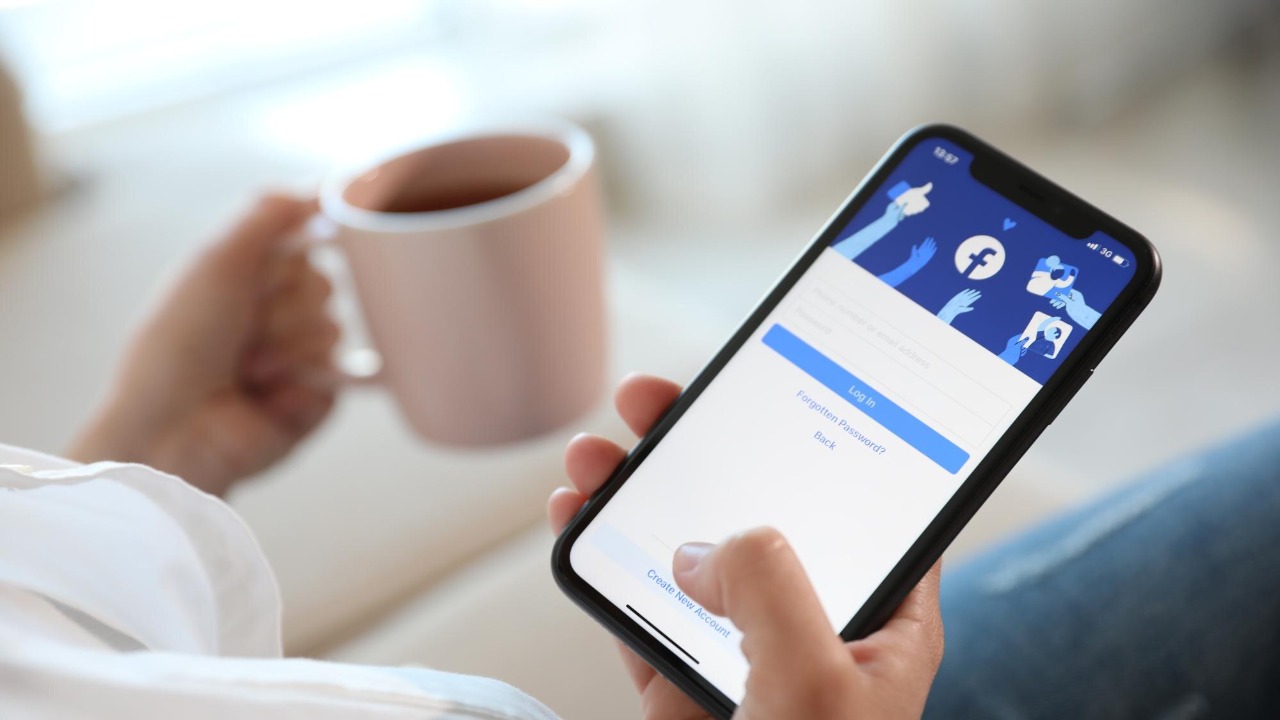
Facebook, with its constant stream of updates, can lead to a sense of inadequacy and low self-esteem. A study found that comparing oneself with others on Facebook can result in depressive symptoms. While it is a powerful tool for connection, its misuse can lead to feelings of isolation.
Also, the potential addiction to Facebook can disrupt attention span, leading to reduced productivity. It’s essential to set boundaries and take social media breaks for mental well-being.
Overexposure and Anxiety: Instagram
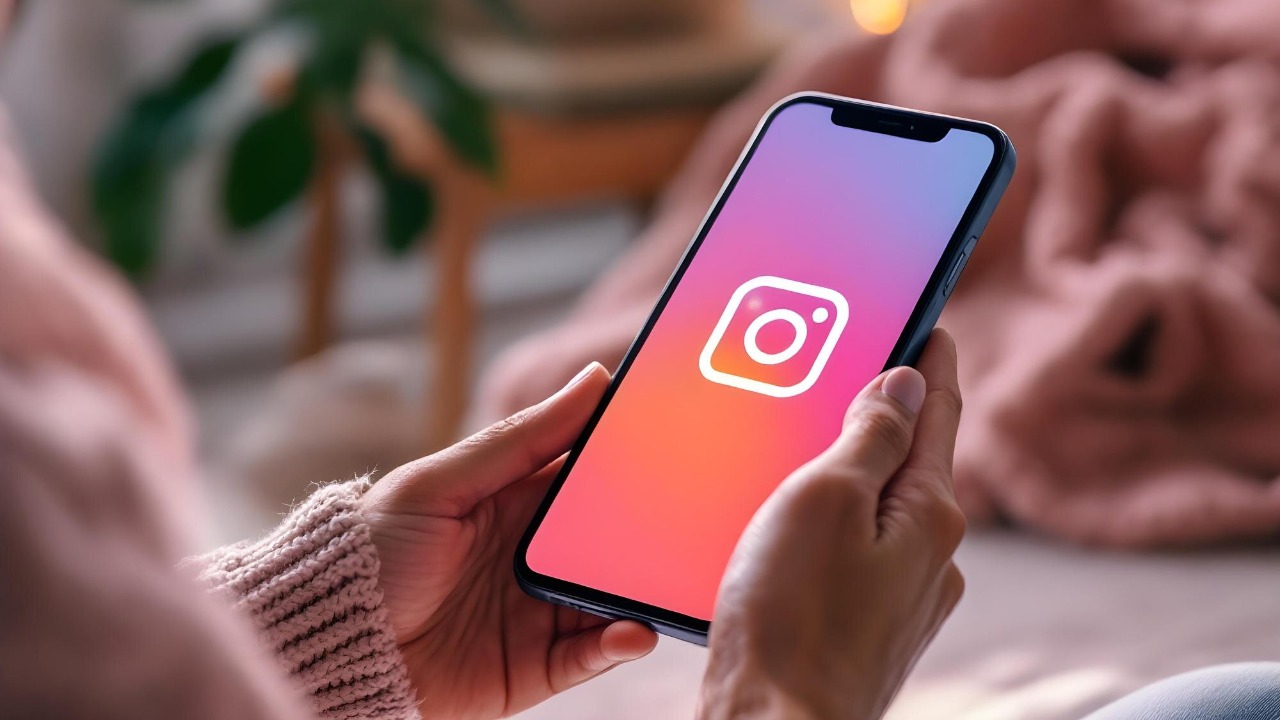
Instagram, known for its picture-perfect aesthetics, can instill feelings of inadequacy and anxiety. The pressure to maintain a flawless image can lead to a negative self-image and mental distress. A Harvard study suggests that digital platforms like Instagram may contribute to anxiety and depression.
Being mindful of the time spent on Instagram, and conscious of the content consumed, can help safeguard mental health.
The Pressure Cooker of Perfection: Snapchat
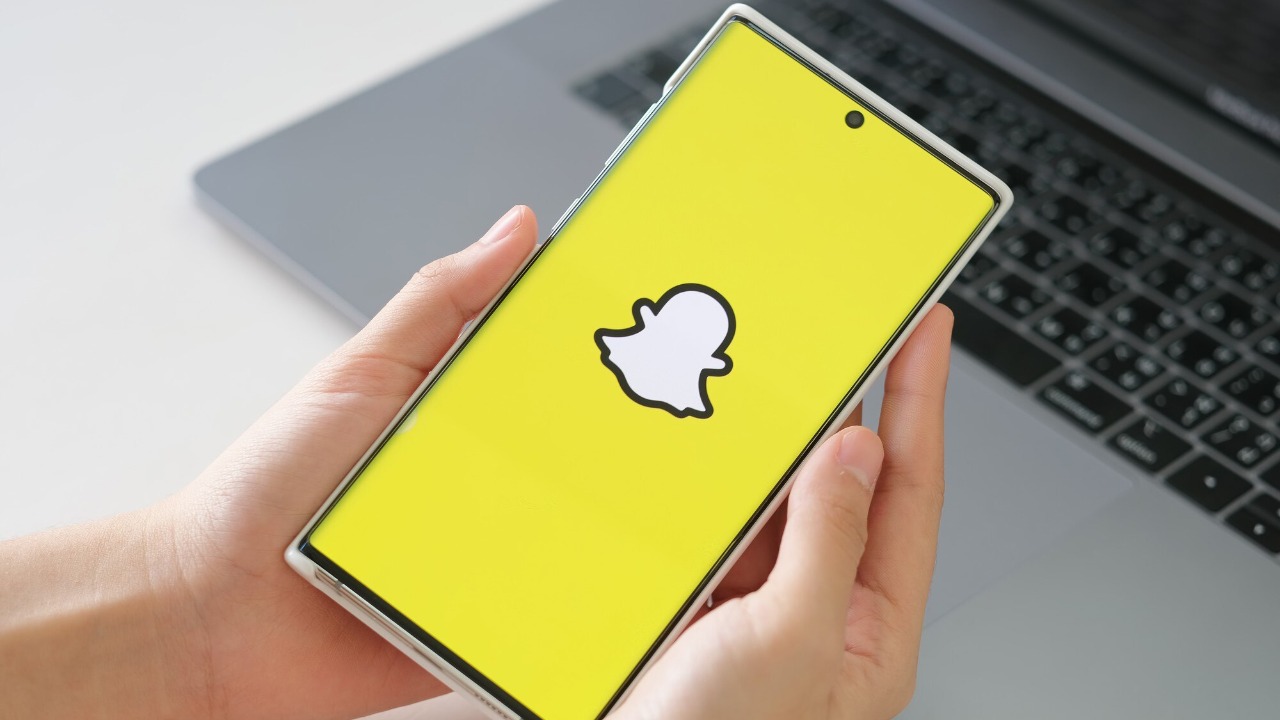
Snapchat, with its filters and streaks, creates a pressure cooker of perfection. The constant need to respond promptly and maintain streaks can lead to anxiety. Also, Snapchat’s beauty filters can distort self-perception, leading to body dysmorphia and damaging self-esteem.
It’s crucial to remember that Snapchat is a platform for fun and connection, and should not dictate self-worth or physical appearance.
Mindless Scrolling: Twitter
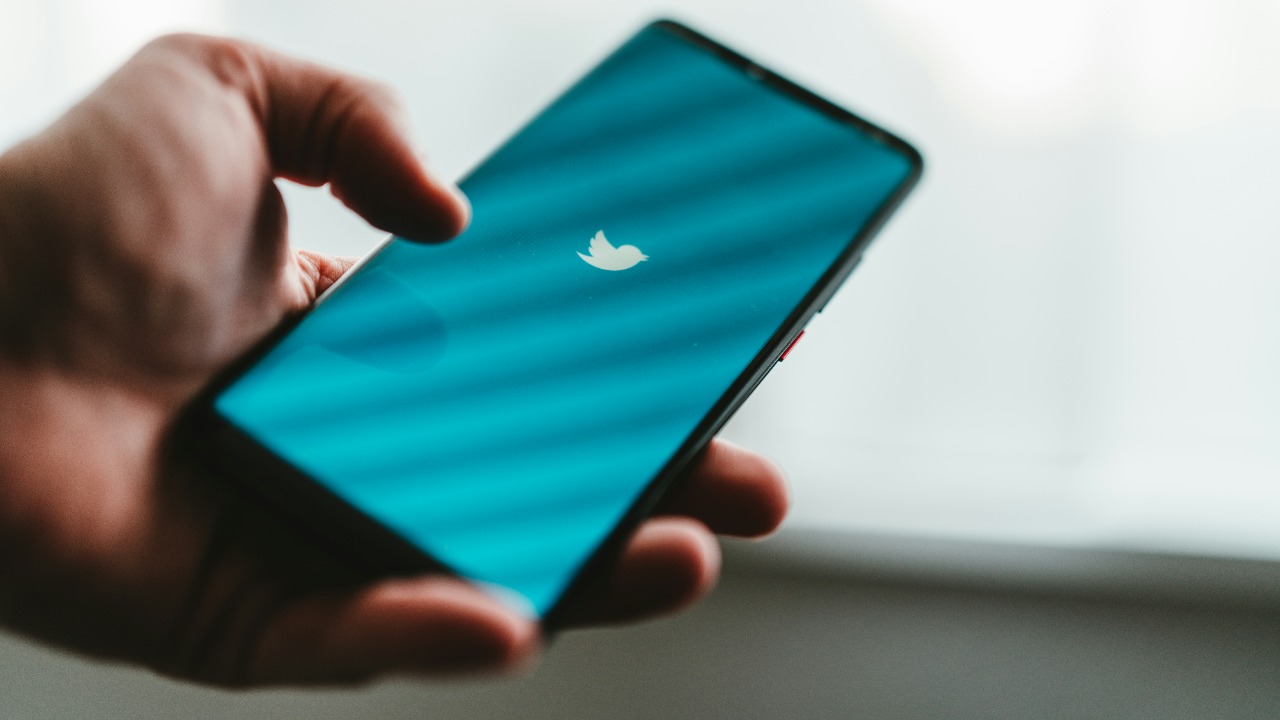
Twitter’s fast-paced nature can lead to information overload and stress. The constant scrolling, coupled with the bombardment of news and opinions, can disrupt mental peace and induce anxiety.
Limiting the time spent on Twitter and curating the content consumed can help maintain mental balance and perspective.
The Dating Game: Tinder’s Impact on Self-Esteem
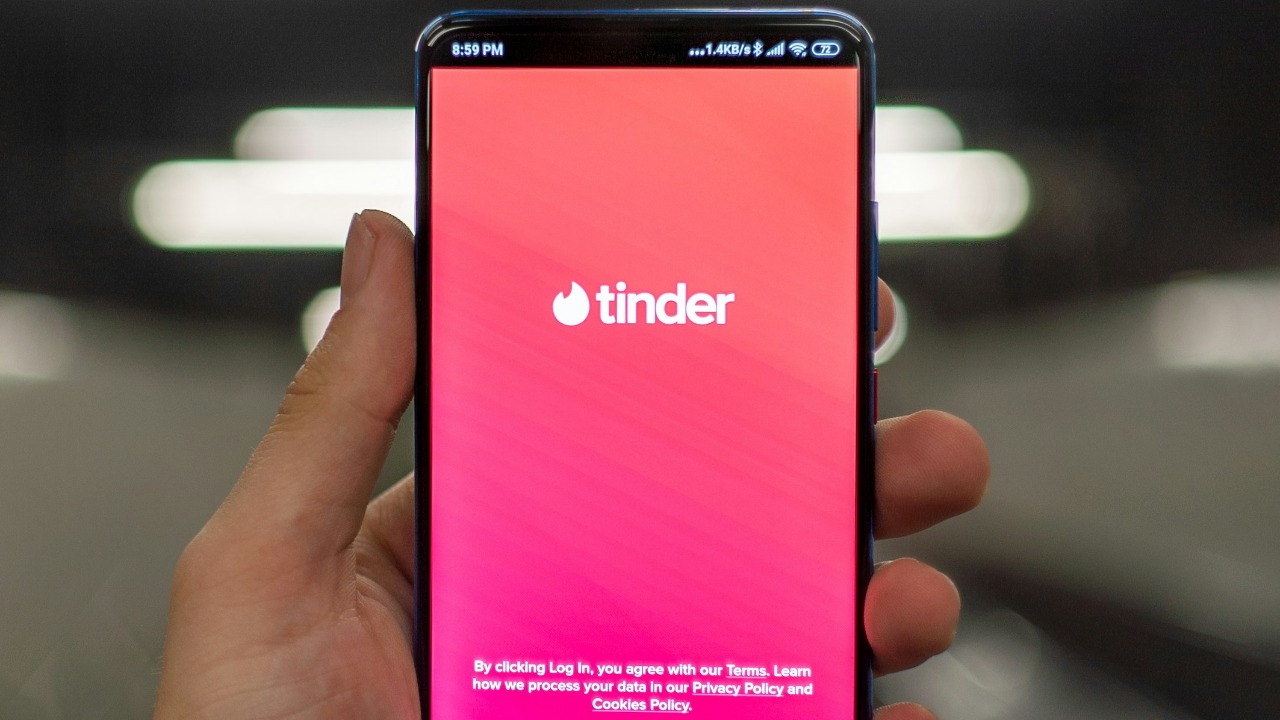
Tinder, a popular dating app, can impact self-esteem and mental health. The superficial nature of the app, with its focus on physical appearance, can lead to a negative self-image. Rejection or lack of matches can also lead to feelings of worthlessness and depression.
It’s important to remember that self-worth is not determined by the number of matches or messages received on a dating app.
The Fear of Missing Out: WhatsApp

WhatsApp, though a vital communication tool, can induce the fear of missing out (FOMO). The constant stream of group chats and updates can lead to anxiety and feelings of exclusion. Moreover, the need to respond instantly can disrupt work-life balance and cause stress.
Setting boundaries, such as turning off notifications or allocating specific times to check messages, can help manage WhatsApp use.
The Illusion of Connection: LinkedIn
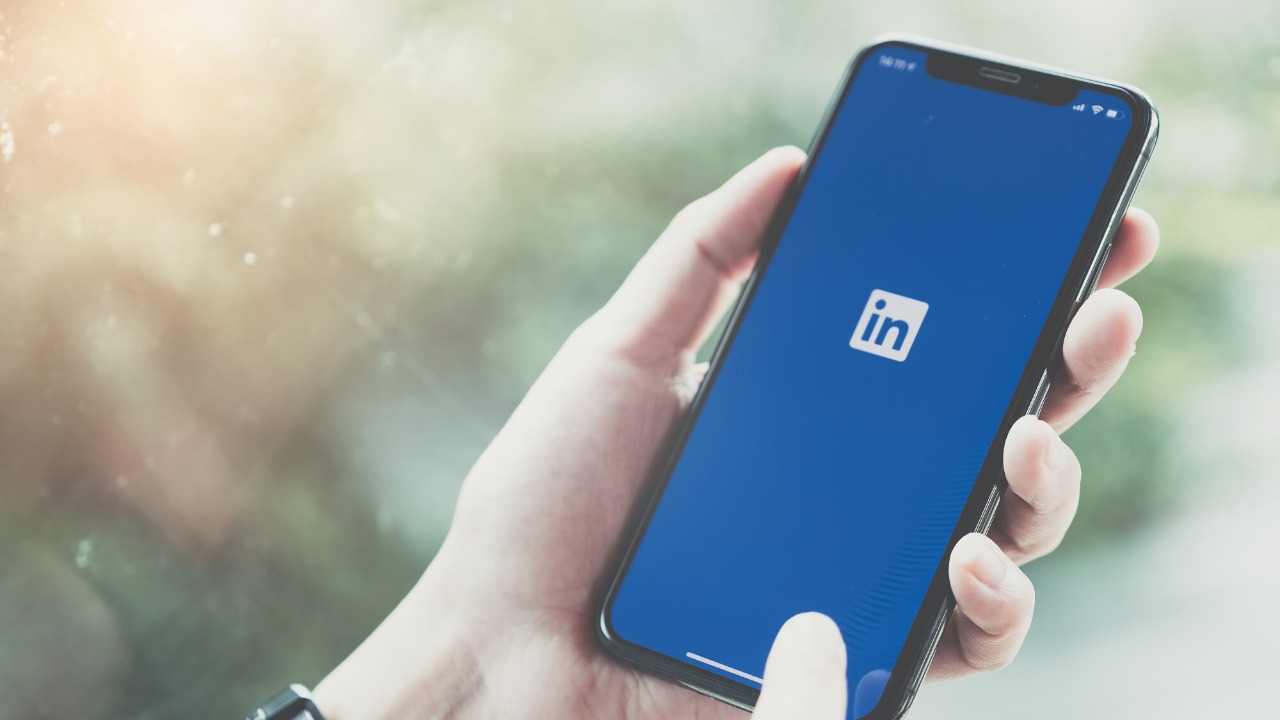
LinkedIn, a professional networking platform, can create an illusion of connection. Seeing others’ career achievements can lead to feelings of inadequacy and career anxiety. Moreover, the pressure to maintain a perfect professional image can result in stress and burnout.
It’s crucial to remember that everyone’s career path is unique, and comparison can be detrimental to mental health.
The One-Sided Conversation: Reddit
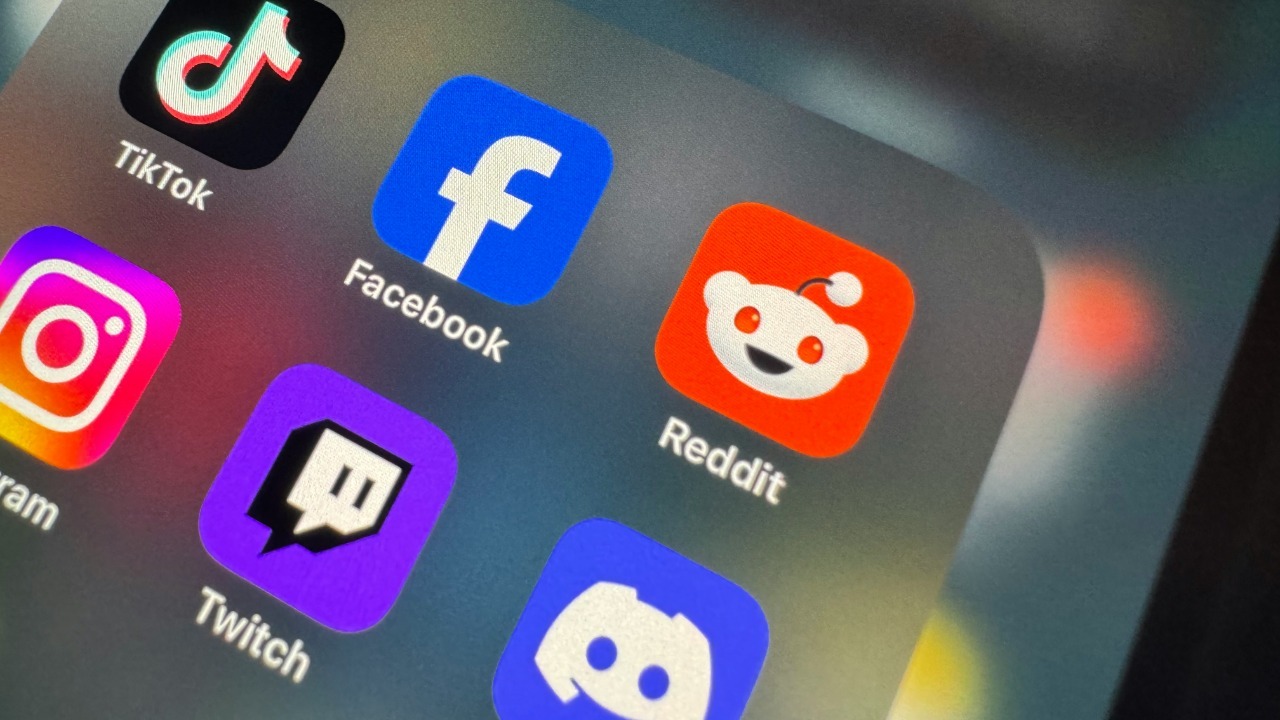
Reddit, a platform for discussion and information sharing, can lead to one-sided conversations. The anonymity of the platform can result in cyberbullying and harassment, which can impact mental health. Also, the vast amount of information and opinions can lead to information overload and stress.
Practicing digital etiquette and limiting the time spent on Reddit can help maintain mental well-being.